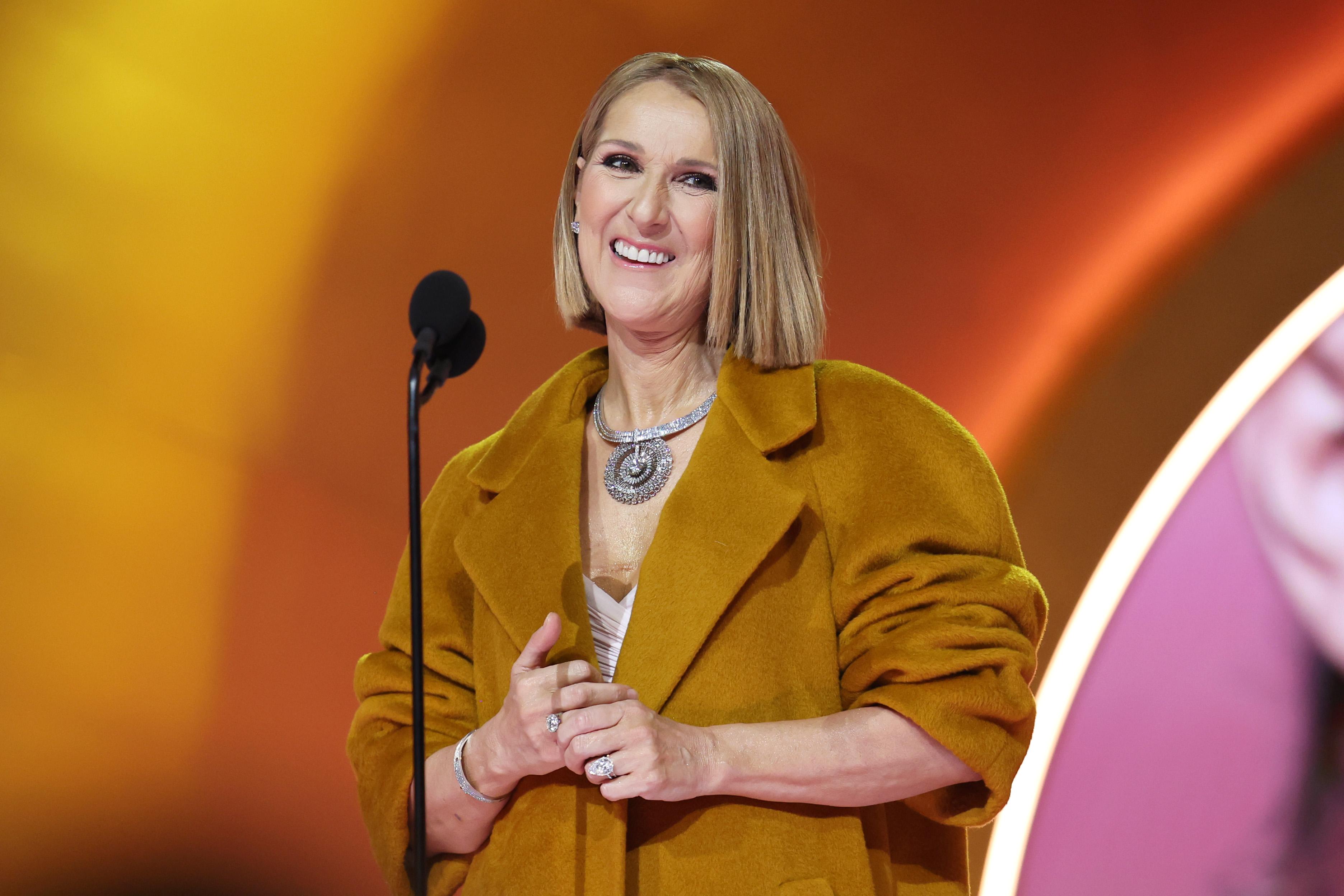A Chinese scientist has called for mass COVID tests in animals after noting that "the host expansion of SARS-CoV-2 is not over."
George Gao, director of the Chinese Center for Disease Control and Prevention (CCDC), called for the measure in an article posted to the health agency's website in September.
Gao noted that natural COVID infections have been found in several non-human animal species via contact with people. These include cats, dogs, zoo animals such as tigers and lions, and even monkeys.
Transmission to minks was also highlighted as a significant event, since the minks were able to also infect humans with the virus.
This was reported to have happened in the Netherlands last spring, and led to the culling of tens of thousands of mink in order stop its spread.
Additionally, scientists in the U.S. set out to test for COVID in wild white-tailed deer from four U.S. states earlier this year due to evidence that they may be susceptible to the disease.
The scientists tested 624 samples from the deer from before and after the pandemic and found that COVID antibodies were detected in 152 of them from 2021. It should be noted that this was a pre-print study.
Now, Gao has voiced concerns that transmission of COVID from wildlife populations to humans could lead to new mutations, and that while some experimental studies have suggested that several wild animals could be susceptible to the virus, "these are just the tip of the iceberg as the susceptibility of most terrestrial wild animals to SARS-CoV-2 has not been tested."
Gao also said that studies into whether marine animals could catch COVID or not were lacking, and that if the virus were to begin spreading through marine ecosystems it could "lead to the generation of some novel SARS-CoV-2 variants with unknown threats to humans."
"Therefore, it is necessary to carry out large-scale SARS-CoV-2 screening for terrestrial and marine wildlife," he suggested.
The origin of the COVID pandemic—whether the disease originated from animals or otherwise and how it spread to humans—is still unclear.
China has repeatedly contested the theory that the virus could have leaked from a laboratory in Wuhan, where coronaviruses have been studied over the years.
At the same time, governments and investigators have not ruled the theory out and it remains a hot topic.
The U.S. Food and Drug Administration (FDA), does not currently recommend getting pets tested for COVID and states that, based on limited information, "the risk of pets spreading the virus is considered to be low."
But the U.S. Centers for Disease Control and Prevention (CDC) advises people with suspected or confirmed COVID cases to avoid contact with animals, including pets and wildlife.
In September, it was reported that big cats at the National Zoo in Washington, D.C, appeared to be recovering having tested positive for COVID several days prior.
According to The Washington Post, the animals were being fed food like chicken broth to help them recover, though some of them were experiencing symptoms like coughs and a loss of appetite.

Uncommon Knowledge
Newsweek is committed to challenging conventional wisdom and finding connections in the search for common ground.
Newsweek is committed to challenging conventional wisdom and finding connections in the search for common ground.





